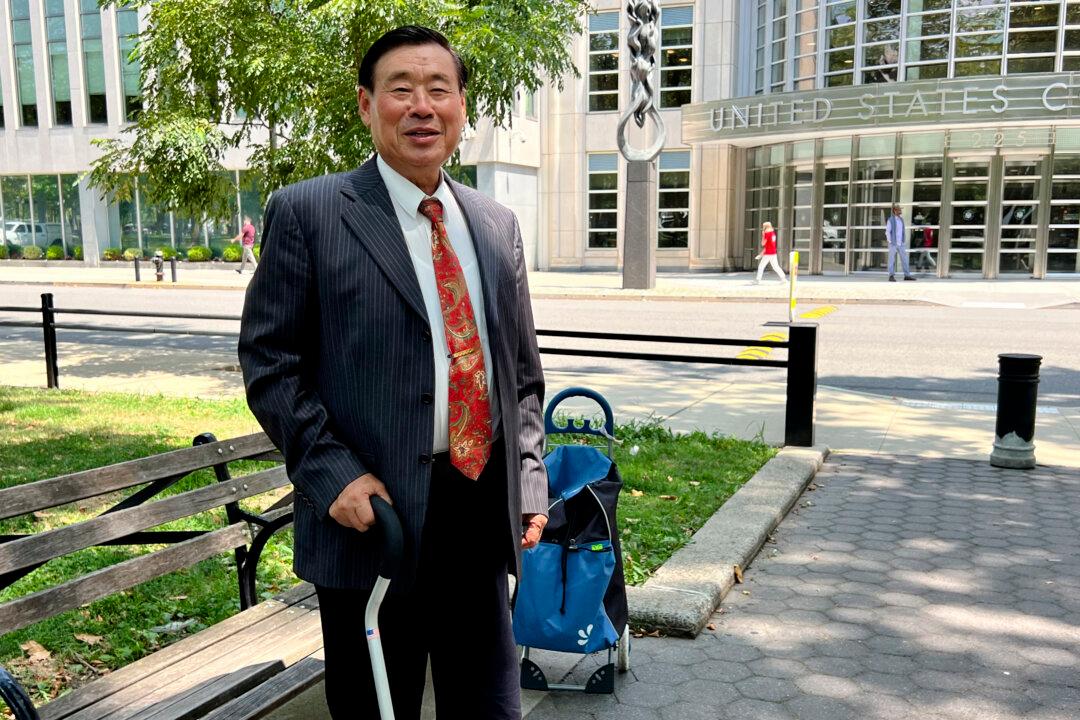A prominent Chinese American scholar based in New York was convicted Aug. 6 on charges he lived a double life as a spy for communist China for over a decade.
Wang Shujun, a 75-year-old naturalized U.S. citizen, established himself as a critic of the Chinese Communist Party (CCP) and co-founded a pro-democracy organization in New York. However, behind the facade was a man who spied on pro-democracy activists and shared his findings with four officials in China’s top intelligence agency, the Ministry of State Security (MSS), according to prosecutors.





